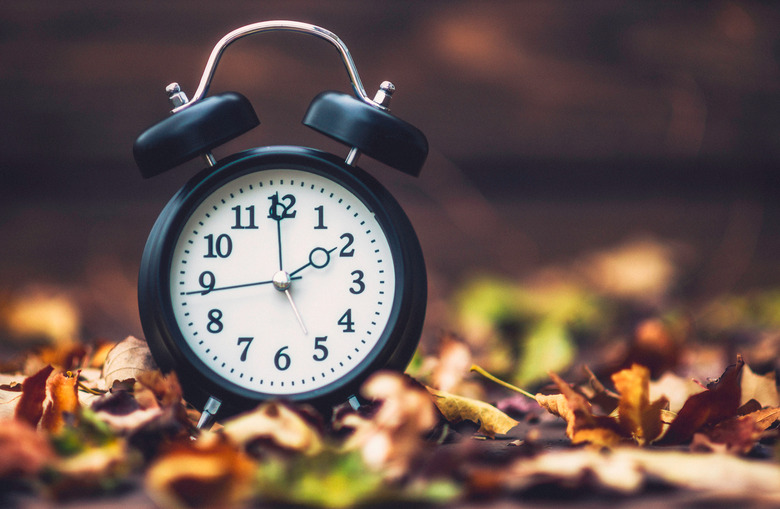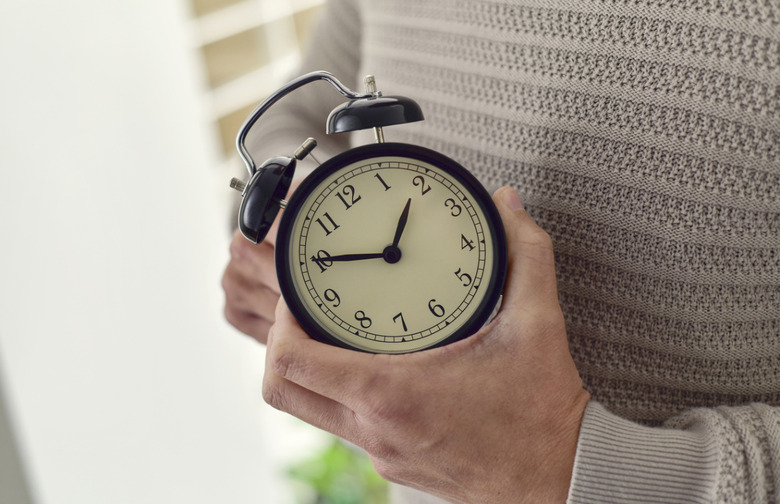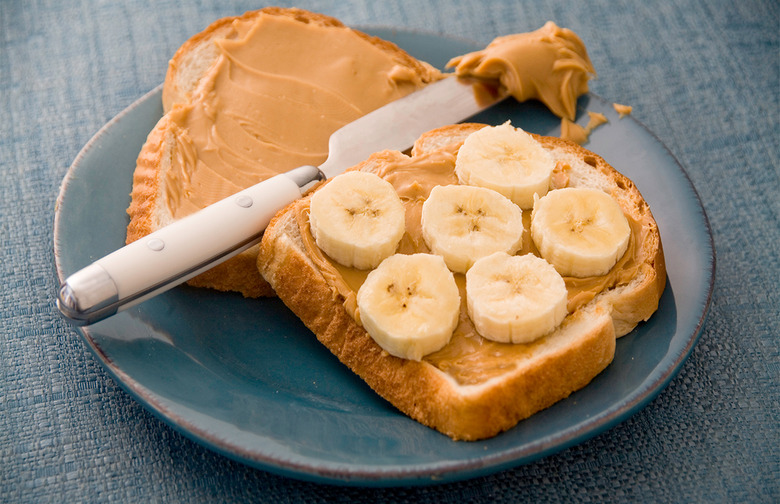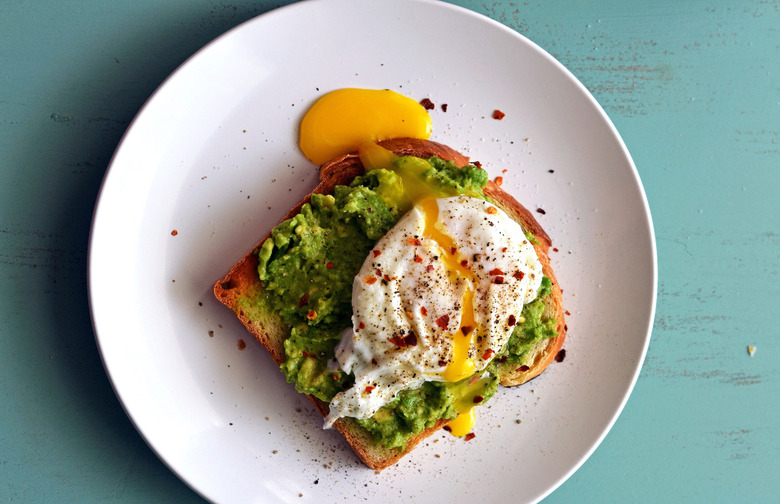Your End Of Daylight Saving Time Survival Guide Gallery
Every year, people discuss whether or not daylight saving time should remain in existence. Yet every year, we have to deal with it — and it's likely not going away anytime soon. Your best bet is to go into the day the clocks change well-prepared and knowledgeable. Especially if you have kids or lead a busy life, the last thing you want is to be thrown off by something so simple as the time changing by a mere hour.
The reason daylight saving time is so tough is due to our internal biological clocks, or circadian rhythms. Our internal sleep regulators use sunlight and other natural indicators to tell us when it's time to wake up and when it's time to go to sleep. Bright light and sunlight trigger a brain response that keeps us awake — while lack of sunlight triggers melatonin, a chemical that lulls us to sleep.
When the clocks change, the sun's pattern of rising and setting stays the same. Your internal cues are still keeping you to the old time, while the rest of the world operates one hour backwards. Often, people find losing an hour to be more difficult than gaining. In the fall, we gain an hour overnight — but don't interpret it as simply an extra hour of sleep. You might experience some tiredness early the following evening or get jolted awake before your alarm. We know it's not always so easy, so here's your survival guide to make it through the end of daylight saving time as painlessly as possible.
Know What to Expect
You'll be able to handle the shift in sunlight a bit better if you understand the effect it will have. The time is going to "fall back," meaning that you'll gain an hour overnight. You're likely to wake up earlier — especially if you have kids — and get tired way earlier the next evening. Be prepared for some sleepiness the following day, and set all your clocks back at the same time so as to minimize confusion.
Sleep Your Full 8 Hours
In the couple of days before the time switch, make sure you're sleeping your full 8 hours every night. You don't want to be already sleep-deprived going into the change — that'll only make things feel worse. Make a pact with yourself to adhere to your bedtime. Once you have a definitive bedtime, the next few steps will be way easier.
Go to Bed at the Same Time You Normally Do
The day has arrived — the clocks are going to fall back an hour overnight. Do you stay up an hour later?
No. That's setting yourself up for sleeplessness, grogginess, and a disrupted sleep cycle when the morning hits. The experts advise you go to bed at your usual hour.
Wake Up at the Same Time
As in, the same old time. If you normally wake up at 7, wake up at 6 this time around.
Why? Because you don't want to sleep through the sunlight — it'll mess with your internal circadian rhythm and throw you off for the night after.
Use the Extra Hour Wisely
Instead of griping that you're up earlier, rejoice that you have an extra hour in the morning all to yourself! Take the time to prepare for your day. You'll be awake for an hour longer than usual, and will likely feel more tired earlier in the evening. Prepare for the slump later on by getting things done while you're energized.
Get Some Exercise
You'll also want to keep yourself as energized as possible as the day drones on. Exercise is a great way to boost natural energy — it releases endorphins, elevates your mood, and gets you outside in the fresh air. Your blood literally moves through your body more efficiently once you've exercised. Having done so will help mitigate the crash you feel once the sun (prematurely) goes down.
Eat Energizing, Full Meals Throughout the Day
Food can revitalize you, as well. Imagine you're feeling sleepy, almost jet-lagged. The last thing you want to add to that scenario is a nutritionally-deficient diet. Without the nutrients your body craves, you're more likely to feel tired and down. Healthy, full meals don't have to be difficult — try a few of our weeknight favorites for an effortless way to keep your energy up.
Persevere and Stay Up Until Your Normal Bedtime
Since your brain thinks it's an hour later than it actually is, you're going to feel tired earlier in the evening. Persevere until you normally go to sleep. For many, it takes as little as one day to reset your internal cues and adapt to the new schedule — you just have to stick to your new regimen so you don't prolong the process.
Use a Natural Sleep Aid
If you're having trouble falling or staying asleep, you don't have to submit to the tossing and turning. Try a natural remedy — we guarantee it'll help you sleep well.
Make Naptime Later in the Day
If you have kids, the minor change in the clock doesn't feel so minor. They're going to wake up an hour earlier no matter what you do. Kids don't look at clocks to tell them when to go to sleep and when to wake up — they just do. Since everything's happening an hour later, you want them to wake up and go to sleep an hour later, too. If you don't prepare, they're going to be ready for naptime an hour early. Start making naptime just a few minutes later each day leading up to the switch.
Cut Down on Screen Time
Staring at screens and being exposed to artificial light has been scientifically proven to inhibit the production of melatonin. Your sleep cycle is already going through the wringer; once it's finally time to hit the hay, the last thing you want is for your body to keep you awake. A few hours before bed, power down. Stop watching TV, put away your phone, and close your laptop. Try reading or talking with your loved ones to pass the time, instead.
Eat Mood-Boosting Foods
With the onslaught of sleepiness, your mood will likely drop down a notch, too. While there's not a lot you can do about the upsetting effect that sleepiness has on your body, you can use nourishment to lift your spirits a bit. Try some mood-boosting foods to carry you through your day.
More from The Daily Meal:
Genius Morning Hacks That Will Transform Your Life
The Best Day Spa in Every State
What 51 Famous People Eat for Breakfast












